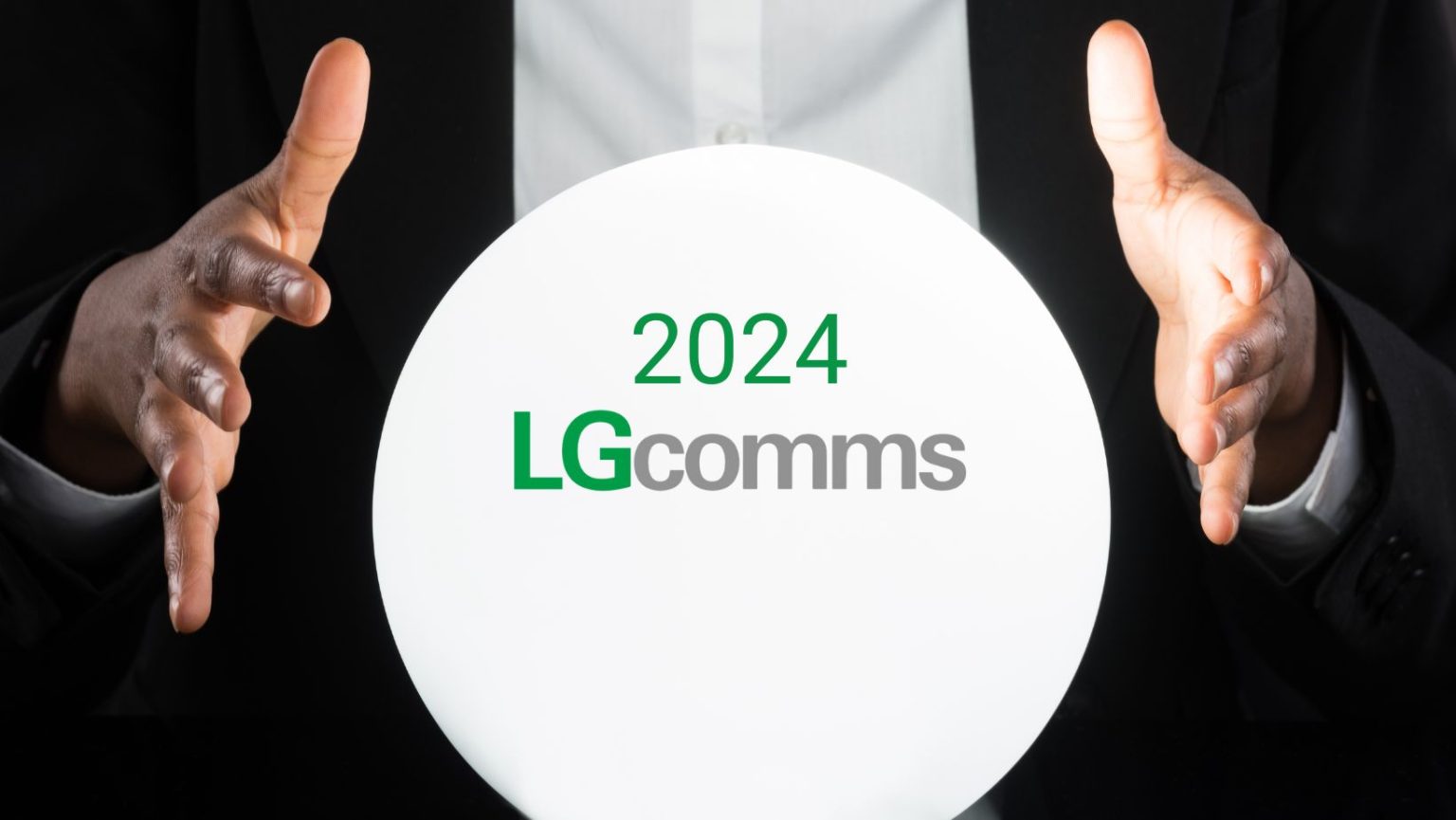The LGcomms Academy 2024, held on October 10-11 in the heart of Wigan, was nothing…

The opportunities GDPR brings – Part One
In this, our fourth article on GDPR, which comes into effect in May, we consider its wider implications for marketing professionals, and examine whether it may mark a new impetus for more traditional marketing tools, as well as social media in all its many forms.
We’ve been preparing our clients for the arrival of GDPR and have an eye on the new set of Privacy and Electronic Communications Regulations (PECR) due to be fully implemented, most likely during 2019, to ensure that we can provide sound advice and support that is both timely and best practice.
How companies manage and use the personal data of clients, suppliers, contacts and employees, is going to require careful planning and consideration for all concerned, not least, how and which marketing communication strategies may be executed in the future. During our own investigations, we wondered whether GDPR might also have an interesting unintended impact on advertising.
According to the Royal Mail, in a survey by the DMA, 81% of respondents thought that direct marketing was one channel likely to be affected by GDPR. Yet from bank statements to advice regarding new terms and conditions, or new price information, these types of mailed correspondence could be identified by the sender as being in the ‘legitimate interest’ of its contacts. Using these criteria, written information sent by post is less intrusive than emails landing in someone’s inbox. Could GDPR see a renaissance in direct mail campaigns because of their inherent, more subtle nature?
On the other hand, for those in the business of providing email marketing lists, the GDPR may see their services slowly peter out, as clients and partners seek more focused means of reaching their target audiences and stakeholders. For businesses looking to communicate with existing customers or members, it will still be essential that there is a visible consent trail although ‘legitimate interest’ may well be a reasonable category for contact data collection and storage.
Certainly, as if it wasn’t already the case, social media is going to be an even more cost-effective marketing tool, akin to PR with its ability to grab attention or softly-softly drip feed facts, information and stories, to build a community around a brand. Sponsored content can be very precisely targeted to audiences without incurring the same high costs as other advertising platforms can. In short, social media can make great use of limited budgets to extend influence and reputation to huge audiences in a short space of time. Social posts in themselves do not collate personal data and so do not fall within the scope of GDPR, ensuring fewer headaches and compliance issues than may arise with other stakeholder-facing activities.
We go to great lengths to ensure our clients budgets work smarter, rather than demanding they’re stretched more and more. Even as GDPR may be making some quake in their boots, we are looking forward to the new challenges it presents, alongside the opportunities we have, creating new levels of awareness, communicating effectively, and building brands perhaps through some of the more traditional routes that other agencies overlook at their peril.



